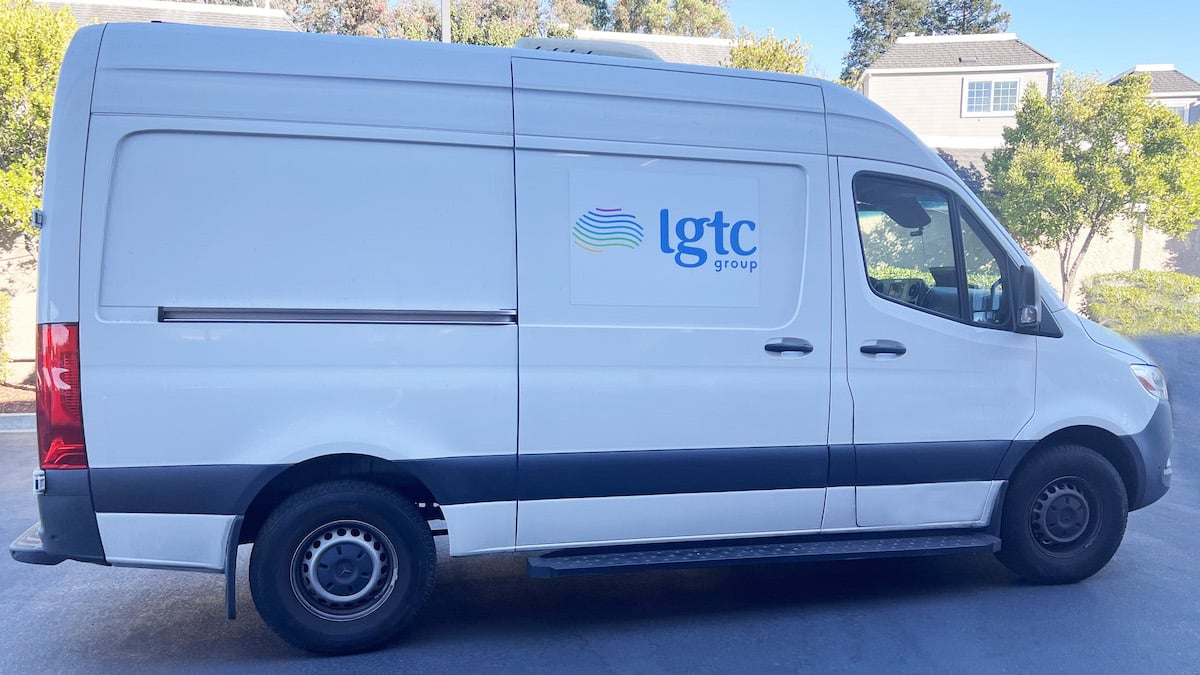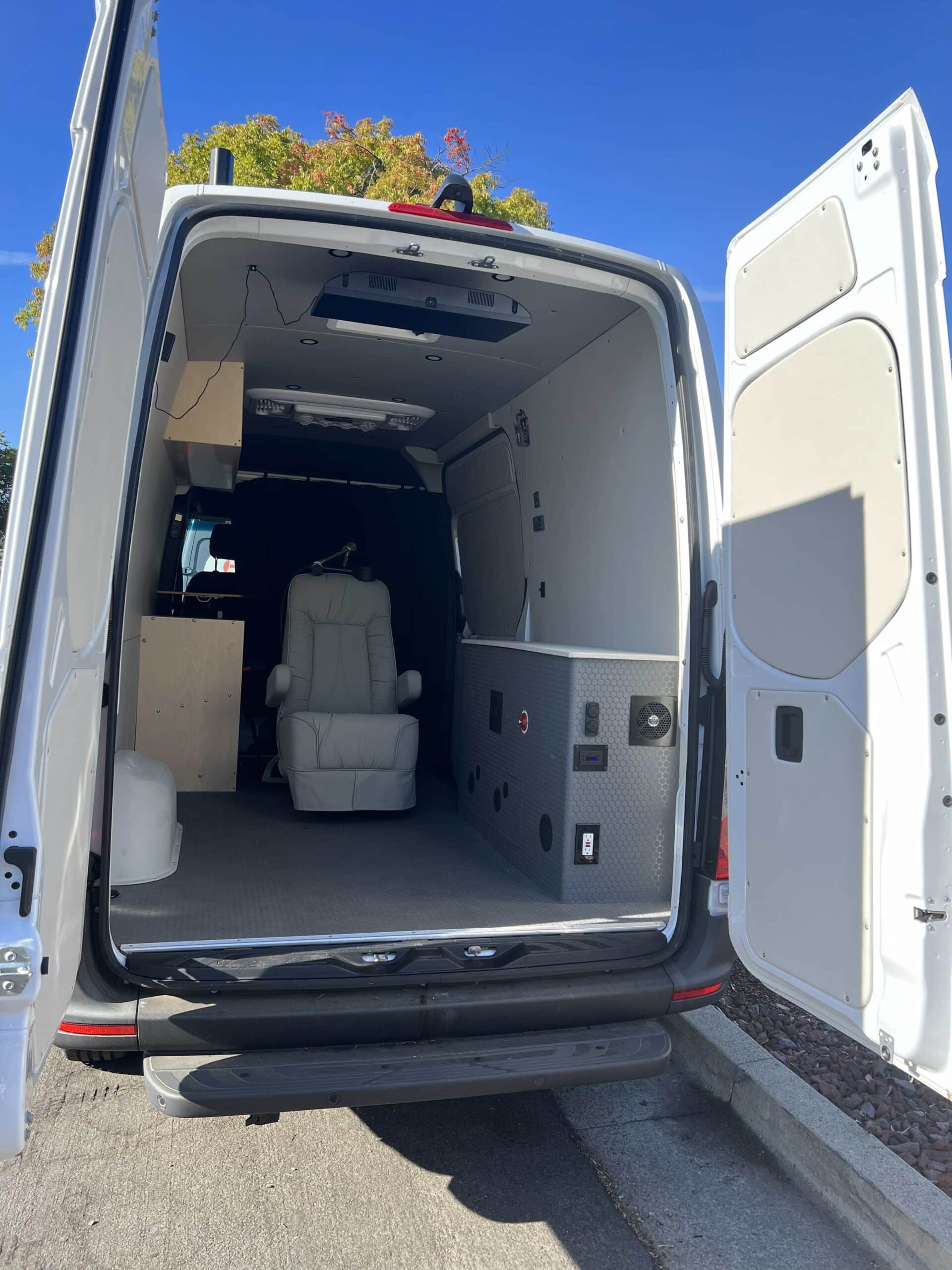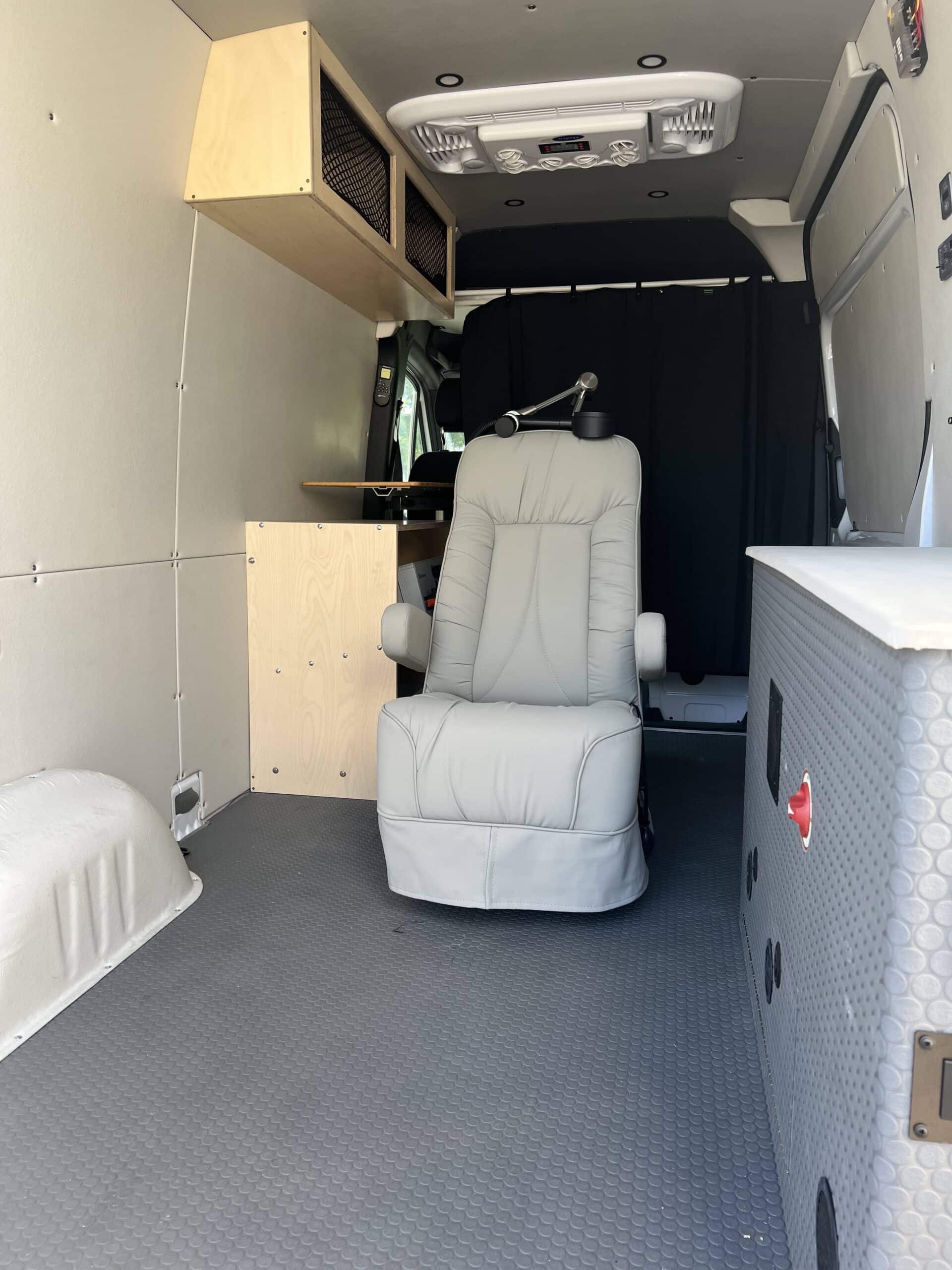Transcranial Magnetic Stimulation
FDA-approved treatment that awakens inactive parts of the brain.

Transcranial Magnetic Stimulation (TMS) offers a promising alternative for patients who have not responded well to conventional antidepressants or have experienced adverse side effects that worsen their symptoms.
At LGTC Group, we use cutting-edge technology to provide innovative treatment options for individuals struggling with severe depression, anxiety, eating disorders, PTSD, and other mental health conditions. Our state-of-the-art TMS devices deliver targeted, non-invasive therapy that may offer relief when traditional approaches have proven ineffective.
What is TMS therapy?
Transcranial Magnetic Stimulation (TMS) is an FDA-approved treatment for major depression, receiving clearance in 2008. It has been clinically proven as a safe and effective intervention for treatment-resistant depression and other mental health disorders. Treatment resistance typically refers to cases where two or more medication-based approaches have been unsuccessful.
TMS is a non-invasive procedure that utilizes precisely positioned electromagnetic coils to stimulate specific brain regions. These coils deliver brief, targeted pulses to neurons in areas of the brain associated with mood regulation. This stimulation can “reactivate” brain regions that may be underactive in depression.
Through neuroplasticity—the brain’s ability to form new neural connections—TMS facilitates structural and functional changes in the brain. This process can lead to a reduction or elimination of symptoms associated with depression and other mental health conditions.
Is TMS therapy right for you?
Non-pharmacological and FDA-cleared
TMS offers a drug-free alternative, avoiding medication-related side effects.
Covered by most insurances
Most insurances cover TMS treatment when medical records demonstrate the need for this approach due to treatment resistance.
Complementary to your existing treatments
TMS can be administered as a standalone therapy or integrated with your current medication regimen and psychotherapy.
What should I expect in the first session?
In your first session, our team performs initial measurements to find the exact location of the dorsolateral prefrontal cortex (DLPFC) in your brain (every brain is a bit different). Once located, we’ll find the natural level at which your neurons release neurotransmitters to customize the TMS settings. Then, you’re all set for your first treatment.
TMS therapy is non-surgical and does not require anesthesia sedation. During your session, you’ll sit in a comfortable chair with the TMS equipment positioned at a specific point on your head. Most patients report a light tapping sensation on their forehead that is pain-free. Our staff will be with you throughout the treatment session should you have any questions or concerns.
What is the typical course of treatment?
A typical course of treatment consists of 36 sessions completed in about 7-8 weeks. The first 30 sessions are held five days per week (Monday through Friday), and the last six sessions are usually tapered.
What equipment is used?
Equipment used includes a MagVenture TMS machine and coil. Each patient receives their treatment cap that they will wear at each session.
What are the side effects of TMS?
TMS has virtually no side effects, and compared to other treatments for depression, it’s generally well tolerated. The most common side effects reported are mild discomfort at the treatment site and a slight headache during the first week of treatment. The most serious risk of TMS is seizures; however, this risk is exceptionally low. A thorough review of a client’s medical history is conducted prior to treatment to rule out this risk.
What is the difference between TMS and ECT?
Electroconvulsive Therapy (ECT) requires the delivery of high electric charges to induce a seizure while a patient is under anesthesia intentionally. TMS is NOT shock therapy, and the intention behind TMS is completely different. TMS uses strictly magnetic pulses and is conducted in an outpatient setting. Anesthesia is not required; with TMS, patients remain awake and alert throughout the entire treatment session and can drive themselves to and from the clinic. Additionally, TMS does not result in any undesirable side effects of ECT, such as memory loss, dizziness, insomnia, gastric issues, etc. Overall, TMS is a much less risky and more efficient procedure than ECT.
Who administers TMS?
TMS is always prescribed by a LGTC Group physician, and the initial motor threshold is always determined by a LGTC Group physician. Treatment is administered by an experienced TMS technician under the supervision of the LGTC Group physician or by the LGTC Group physician. The TMS technician or physician will always be present to monitor the patient during the treatment. The patient can ask the technician or physician to stop a treatment at any time. TMS is a great way to exercise your brain. If you think about your brain as a muscle, therapy is like weightlifting for the brain, while TMS is like a sports massage. Clients often share that TMS helps their talk therapy sessions become more impactful, so using both services in tandem can be beneficial.
Mobile TMS Van
LGTC Group serves the San Francisco Bay Area with access to TMS treatment in our state-of-the-art Mercedes Sprinter Van. We have brought the comfort of a TMS Clinic to our clients’ doors, whether at work or home.
Our van is designed for the client’s comfort and ease of treatment. It has a leather reclining seat, flat-screen TV, climate-controlled AC unit, and a telehealth station. The TMS treatment system and protocols are identical to those at the clinic, and all treatments are conducted under the professional supervision of a psychiatrist, ensuring the client’s safety and confidence.
The client’s journey with us begins with a visit to our Union office for the first appointment. Here, our team will work with the client to establish a personalized treatment plan and find the setting for the magnetic stimulation unique to your brain. Every person’s protocol is unique, and we are dedicated to ensuring the perfect course of treatment. Our team can drive anywhere within twenty-five miles of our Union location free of charge.
We can help decide if TMS is an option for you.
Call us at (408) 542-0434 or complete contact form for additional information.
Easy to get started
Click the "Register Here" link below
You will be asked a series of questions that will help us understand how to support you best. This process will take about 5-10 minutes. During the registration process, we will need a picture of the front and back of your insurance card to be uploaded.
After you complete the registration, we will call you!
The patient coordinator will schedule an initial assessment appointment, usually within three business days of submitting the form. The patient care coordinator will contact you to review and verify your information and help you set up an assessment based on your needs.
Scheduling your appointment
You will be provided with a behavioral health questionnaire, which you should complete before your initial assessment appointment.


